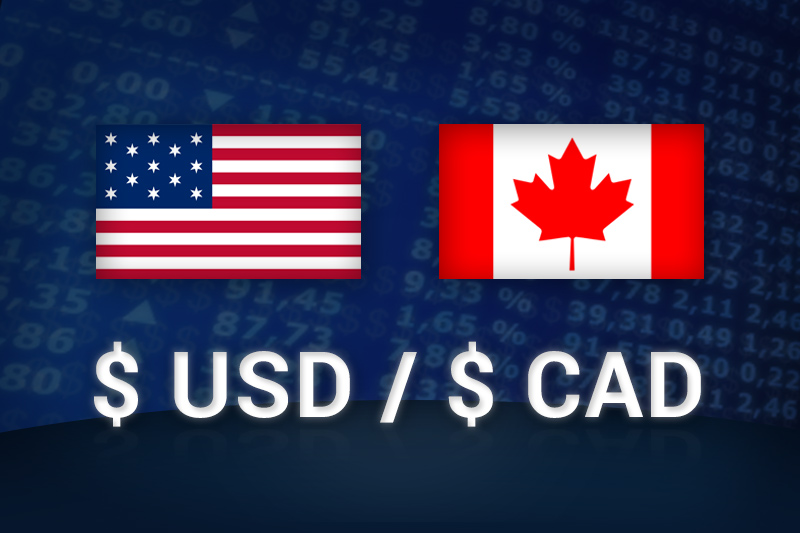Investing.com - The U.S. dollar edged higher against its Canadian counterpart on Wednesday, as markets were jittery ahead of the release of U.S. new home sales data, while concerns over the handling of Greece's debt target and U.S. fiscal policy continued to weigh on sentiment.
USD/CAD hit 0.9954 during early U.S. trade, pair's highest since November 26; the pair subsequently consolidated at 0.9958, adding 0.12%.
The pair was likely to find support at 0.9906, Tuesday's low and resistance at 1.0018, the high of November 19.
Although international lenders agreed on a plan to cut Greek debt, which will allow the country to secure more financial aid and avoid a default, market scepticism grew over a lack of detail on how Athens will implement the reforms needed to meet its new targets.
Meanwhile, investors continued to monitor developments surrounding the looming “fiscal cliff” in the U.S., approximately USD600 billion in automatic tax hikes and spending cuts due to come into effect on January 1.
Sentiment weakened on Tuesday after Senate Majority Leader Harry Reid said he was frustrated by the lack of progress in talks over the U.S. budget impasse in Washington.
The loonie also remained under pressure as light sweet crude futures for delivery in January traded at USD86.19 a barrel on the New York Mercantile Exchange, tumbling 1.14%.
Raw materials, including oil account for about half of Canada’s export revenue.
Elsewhere, the loonie was higher against the euro with EUR/CAD shedding 0.34%, to hit 1.2830.
Later in the day, the U.S. was to release official data on new home sales, as well as government data on crude oil inventories.
USD/CAD hit 0.9954 during early U.S. trade, pair's highest since November 26; the pair subsequently consolidated at 0.9958, adding 0.12%.
The pair was likely to find support at 0.9906, Tuesday's low and resistance at 1.0018, the high of November 19.
Although international lenders agreed on a plan to cut Greek debt, which will allow the country to secure more financial aid and avoid a default, market scepticism grew over a lack of detail on how Athens will implement the reforms needed to meet its new targets.
Meanwhile, investors continued to monitor developments surrounding the looming “fiscal cliff” in the U.S., approximately USD600 billion in automatic tax hikes and spending cuts due to come into effect on January 1.
Sentiment weakened on Tuesday after Senate Majority Leader Harry Reid said he was frustrated by the lack of progress in talks over the U.S. budget impasse in Washington.
The loonie also remained under pressure as light sweet crude futures for delivery in January traded at USD86.19 a barrel on the New York Mercantile Exchange, tumbling 1.14%.
Raw materials, including oil account for about half of Canada’s export revenue.
Elsewhere, the loonie was higher against the euro with EUR/CAD shedding 0.34%, to hit 1.2830.
Later in the day, the U.S. was to release official data on new home sales, as well as government data on crude oil inventories.
